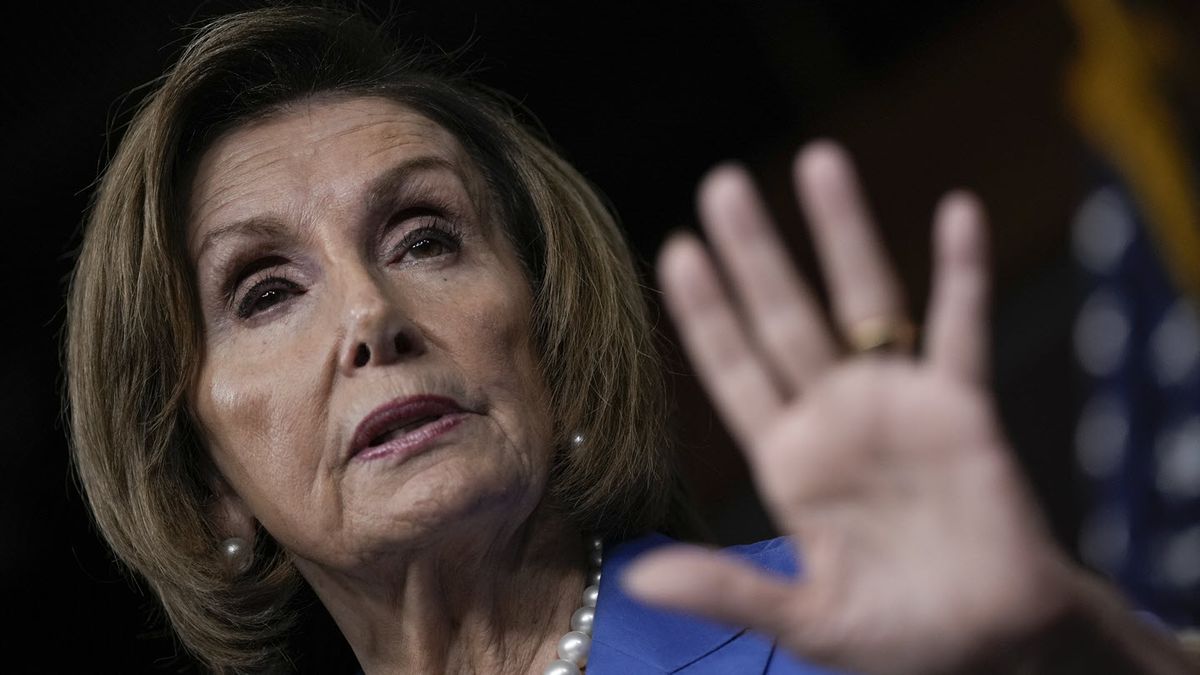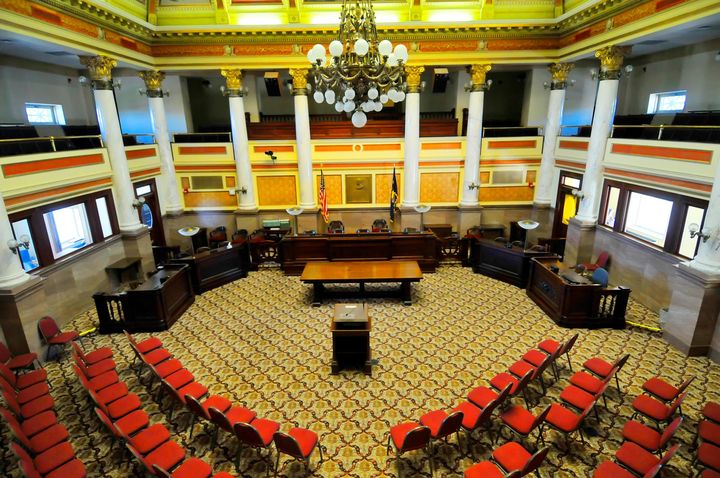Democrats' Stock Ban Bill Has a Major Loophole, Ethics Expert Says
A former federal ethics official warns it would authorize “fake blind trusts in every branch of government.”

Democratic House leaders have unveiled the text of their bill to ban congressional stock trading. While the bill appears strong on many levels—it would force divestiture and it would apply not only to members of Congress but also their spouses and dependent children, among others—it contains language that could potentially open up a major new loophole.
Under the bill, which they are calling the Combatting Financial Conflicts of Interest in Government Act, members of Congress, senior legislative branch employees and other covered individuals would be barred from owning or trading any securities, futures, cryptocurrencies, or other covered assets. In order to comply with the law, they would have 180 days after the law is signed, or after joining Congress, to divest of these banned assets or place them in a blind trust.
The bill appears to mostly rely on the definition of “qualified blind trust” that has been in U.S. law since Congress passed the Ethics in Government Act of 1978. That law established the requirement for members of Congress to file financial disclosures, and it exempted assets held in blind trusts from needing to be disclosed. To qualify, blind trusts have to meet several conditions: the trustee and all of their employees must meet several criteria to be considered sufficiently independent, assets in the trust must not have restrictions with respect to their transfer or sale, the trustee must have sole control of the assets, and more.
However, the Combatting Financial Conflicts of Interest in Government Act would amend the law to say that all the requirements of a blind trust in the 1978 law could be made moot if Congress or other government officials decide they want to redefine what a blind trust is. The bill states that “Notwithstanding [the requirements of the 1978 law]”, a qualified blind trust could be any “form of a trust approved by the Office of Government Ethics, Judicial Conference, House of Representatives, or Senate through rulemaking or by majority vote for its respective jurisdiction.’’ The bill puts no further restrictions on how these government bodies could redefine what would qualify as a blind trust.



